NEVER FORGET: Visiting the Rwanda Genocide Memorial in Kigali
”œIn all my travels, I’ve never seen a country’s population more determined to forgive, and to build and succeed than in Rwanda.” (Rick Warren)
My eyes filled with tears as I sat in silence with friends in a room at the Rwanda Genocide Memorial in Kigali. All around me were pictures of people who had been killed in 1994.
A video overhead showed a young man talking. He talked about his mother and how she’d been murdered. Next was a young woman. Then there was another man. And another woman.
We heard how women were forced to murder their husbands whilst their children watched. Their children were then made to kill them, before being killed themselves. Women were raped. People were burned alive.
What we were hearing left everyone speechless. How could something like this have happened in this beautiful, peaceful country we’d come to know and love? What made it even worse? It wasn’t just soldiers or fanatics doing the killing. It was ordinary people, like you and like me.
Twenty years ago today in Rwanda, fear, years of oppression, pitted rivalry and propaganda led people to start committing some of the most terrible crimes known to mankind. In the space of 100 days, it’s estimated that the Hutus murdered around 800,000 of their Tutsi neighbours (and some Hutus – those thought to be sympathetic of the Tutsis, married to a Tutsi or sometimes those who ‘looked’ like a Tutsi). On the news they called it ‘Civil War’ and ‘Tribal Problems’. It wasn’t. It was pre-meditated genocide.
Although whilst the genocide happened so quickly, it was the culmination of many years of long standing rivalry between the majority Hutus and the minority Tutsis, caused primarily by outside oppressors.
During the ‘Scramble for Africa’, Germany laid claim to what is now modern day Rwanda. But after the end of the First World War, the League of Nations took control and handed administration over to Belgium. Before that, there had been no Rwanda, no country boundaries in sub-Saharan Africa, only Kingdoms and Chiefdoms. Hutus and Tutsis lived side by side, not always peacefully, but for the most part they did. They speak the same language. In fact being a Tutsi or a Hutu was interchangeable.
The Belgians had always favoured the Tutsis believing them to be superior over the Hutus and gave the Tutsis more access to education and jobs. Resentment grew amongst the Hutus, but over time, the Belgians favour began to switch to the Hutus causing further friction between the two ethnic groups.
In 1962, Rwanda gained independence from Europe, along with many other African nations around the same time. The Hutus were now in power, after years of oppression by both the European colonisers and to some extent, the Tutsis. Not long after independence in 1963 Tutsi rebels from neighbouring Burundi headed for the Rwandan capital, Kigali but their plan was thwarted. Prominent Tutsi leaders were arrested and killed, the radio stations put out propaganda and people were told to form vigilante groups. It is thought that up to 20,000 Tutsis died. Many more went into exile in Uganda, Tanzania and Burundi.
In Burundi, there was more trouble ahead. After a military coup in 1966, the Tutsis were in power. Hutus were thrown out of government or executed along with many Hutu soldiers. In 1972, the Hutus began to fight back, so the Tutsi leaders set about rounding up any educated Hutus, killing up to 200,000 people/
The situation in Burundi was used to fuel the fire in Rwanda. In 1973, president Grégoire Kayibanda was overthrown and fellow Hutu, Juvénal Habyarimana took control. Over the years, the economic situation worsened, poverty was rife and Habyarimana began to lose his popularity with the people. In 1990 the Rwandan Civil War began when Tutsi refugees in Uganda (the Rwandan Patriotic Front – RPF) were planning to overthrow the president. This would allow them to return to their homeland. A homeland many of them had never seen.
Habyarimana was supported by the French and Congolese governments so the RPF were fighting a losing battle. The invasion displaced many Rwandans, and Habyarimana used this to unite the Hutus against the Tutsis. He accused the Tutsis who remained in Rwanda of being RPF collaborators.
In 1993, a peace treaty was signed between Habyarimana and the RPF but the country was already in a dire situation so to keep the peace, the UN sent in the United Nations Assistance Mission in Rwanda (UNAMIR), but they were not allowed to use force.
The Hutu militia gathered in secret. Weapons, mainly in the form of machetes were shipped in from other countries. In January 1994, an informant brought this to the attention of UN peacekeeper, General Romeo Dallaire, who immediately relayed the information back to headquarters. But he was told to do nothing.
In April 1994, Habyarimana’s plane was shot down by a rocket on the approach to Kigali airport, and all aboard were killed, including Cyprien Ntaryamira, the president of Burundi (also a Hutu). Exactly who shot down the plane, nobody knows. Some say it was the work of Paul Kagame, the current President of Rwanda, who was in 1994, a Tutsi rebel leader. He denies this, and says it was carried out by Hutu extremists to initiate the genocide. French officials have since said that it could not have been Kagame, but nobody really knows.
The militia took over the country and a revenge campaign began the very next day. The militia, known as the interahamwe (which means those who attack together), consisted of the miltary, political figures and even business men. Before she could make an appeal for calm, the female prime minister, Agathe Uwilingiyimana and her husband were shot dead and the Belgian UN peacekeepers sent to protect her, were tortured and murdered. Dallaire called for 5000 reinforcement troops but to no avail. Troops were sent in to rescue the French, Belgian and American citizens but Dallair refused to abandon his post, and stayed behind to lead the 270 peacekeepers still there, and the 200 local authority peacekeepers supporting them. They had no chance.
It was called a civil war and no-one wanted to intervene.
In a shocking case of history repeating itself, through radio propaganda, the Hutu people were encouraged and ordered to ‘begin your work’ and join in – they were told to spare no-one, not even children.
Hutus headed to schools and churches where Tutsis were hiding and the massacres began.
Some joined in because they were told they would get food or land and by this point, their country in ruins, people were desperate. They were also threatened with the lies that if they did not kill the Tutsis, the Tutsis would kill them and their families. Many others were forced to kill by the militia and if they refused to take part, they would have been seen as Tutsi collaborators and killed too. These campaigns had been festering and spreading slowly over many years. All the militia had to do was ramp up the message.
Ordinary people began killing their neighbours and friends and in some cases, family.
By the time they called it genocide, the lives had been lost and the damage had been done. President Clinton has said his biggest regret is not intervening. Had the 5000 troops been sent in, it’s estimated that 500,000 people would have been saved.
There were many heroes too. Hutus and foreigners from elsewhere who risked their lives to save others. Those like Paul Rusesabagina who was made famous by the film, Hotel Rwanda. Or Senegalese peacekeeper, Mbaye Diagne, who saved around 1000 people by driving them 5 at a time through Hutu roadblocks. Had he been caught, he would have immediately been executed.
The killing continued until July, when the RPF took over the capital and initially, a multi ethnic government was set up. Over two million Hutus fled to the Democratic Republic of Congo. But the killing didn’t stop there, it continues and around 5 million more people have lost their lives across the border.
Visiting the Genocide Museum in Kigali was probably one of the most harrowing experiences of my travels to date. Clothing covered in blood and bones are on display and the names of the victims are written on the walls. It’s only been 20 years since the Genocide took place, it’s still raw, still very fresh in the minds and on the faces of many of the people you meet. Visiting it makes it real, not just something that happened far away. The entire time I was there, the thoughts running through my head were:
What if that was MY mum, MY dad, MY brother?
Alternatively, what if my dad or my brother were the ones commiting the crimes. Would I have the strength to stop them? Would I risk my life to save others? Or, out of fear, would I do what I was told to do because I thought it would save my children?
Memorial Guides, some the same age as me, talk you through their ordeals and the death of the 5000 people who were murdered on the site. I was 14 when it happened. I cannot even imagine the things they will have seen as children. How do you get over it? Knowing that your entire family was wiped out?
Today I read an article, that stunned me to my very core. The Association Modeste et Innocent, a nonprofit organisation working in Rwanda are running a programme where they take small groups of Hutus and Tutsis and provide them with counselling. The main shocking factor, is that the Hutus involved, have killed the people closest to the Tutsis they are working with. They then formally ask for forgiveness from the Tutsis.
The people in the article are showing the world what it means to be human. To forgive. I do not know how they have found it in their hearts to do so. Could I do it? I really don’t know.
There’s a lot we can learn from the people of Rwanda today. Lessons in resilience, love and forgiveness. I urge you to visit this extraordinary country and meet it’s extraordinary people. Now, when asked, many people will say, I’m neither Hutu or Tutsi, I’m Rwandan. That’s the attitude the world needs on a bigger scale. I’m not this or that, I’m human. It’s just sad that it takes genocide to make happen.
Rwandans are keen to educate the world as to what happened in the 100 days in 1994, to help us all learn from the past to ensure to promote the message clear NEVER AGAIN. They seem to be forgiving, but not forgetting. Their neighbours commited the crimes, but it was the outside world and the government they trusted who failed them.
But the Rwandan’s plea NEVER AGAIN is unfortunately falling on deaf ears. It is happening again, in Syria and the Central African Republic. It’s already too late.
For further reading I recommend:
- The State of Africa by Martin Meredith
- We Wish to Inform You That Tomorrow We Will Be Killed With Our Families by Philip Gourevitch
- AFRICA Altered States, Ordinary Miracles by Richard Dowden

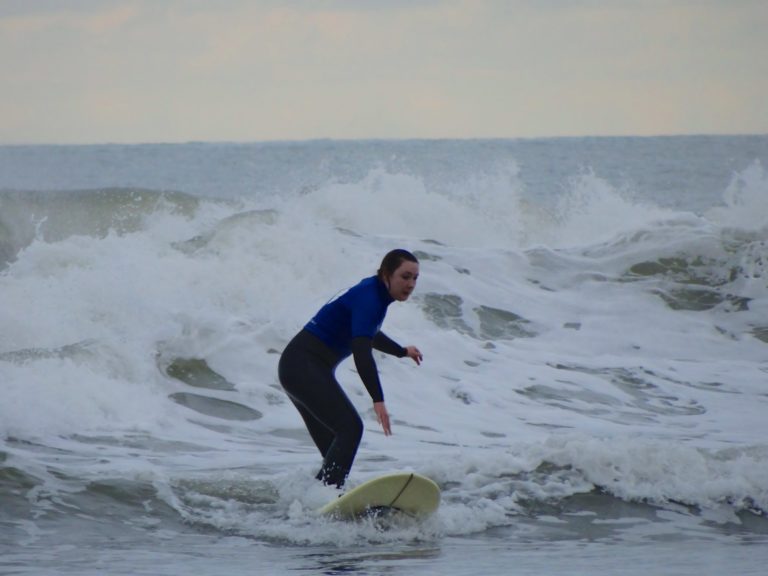
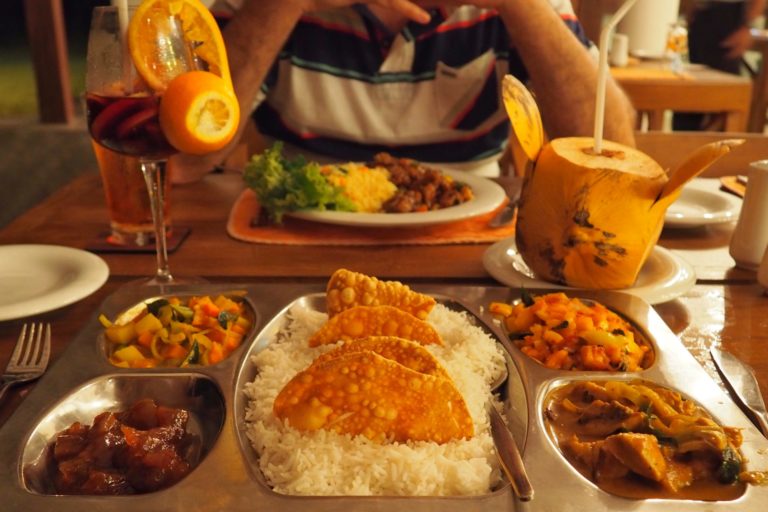
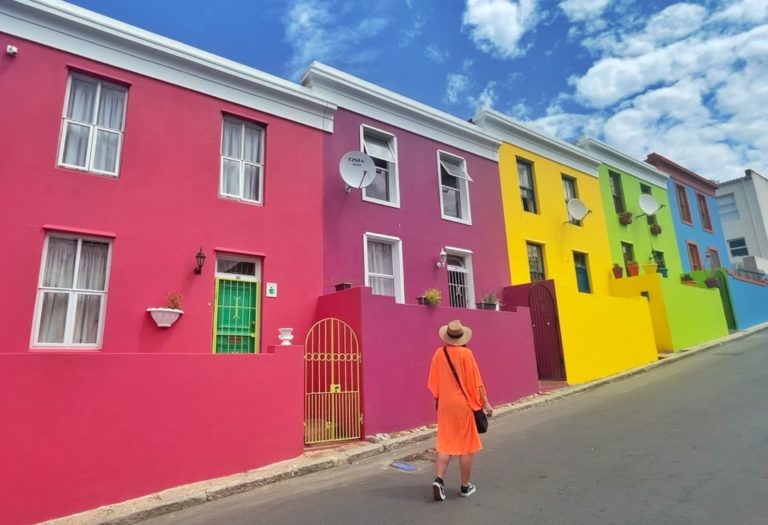
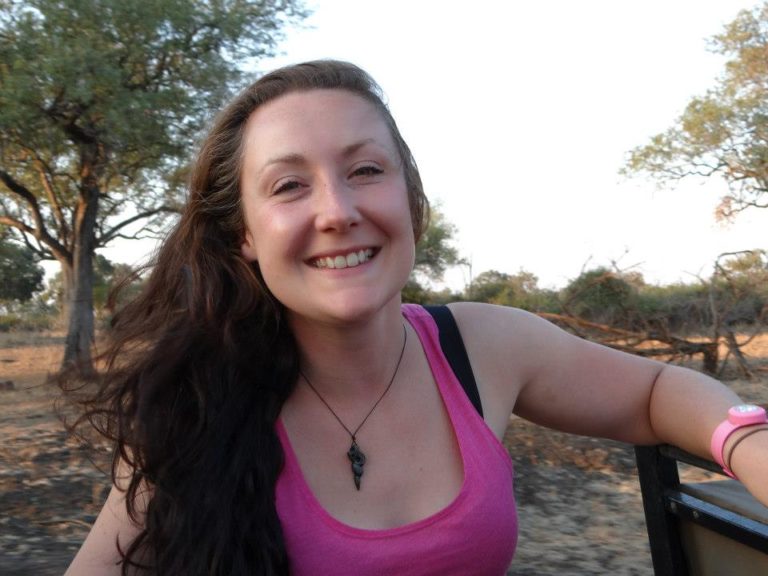
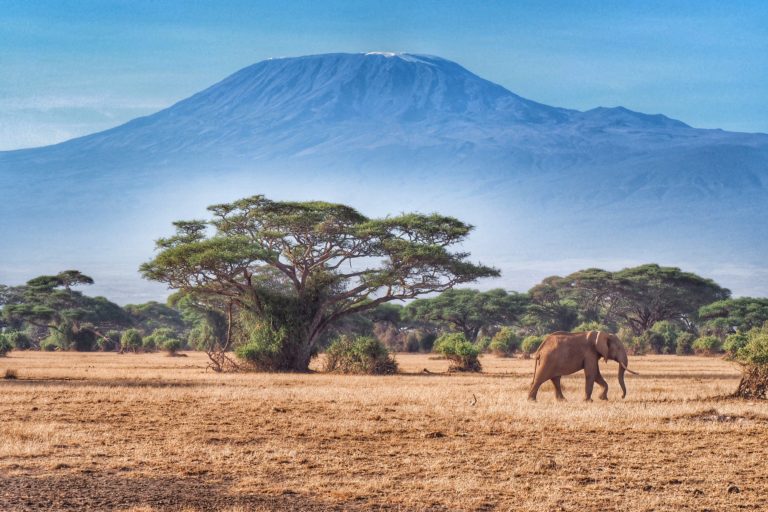
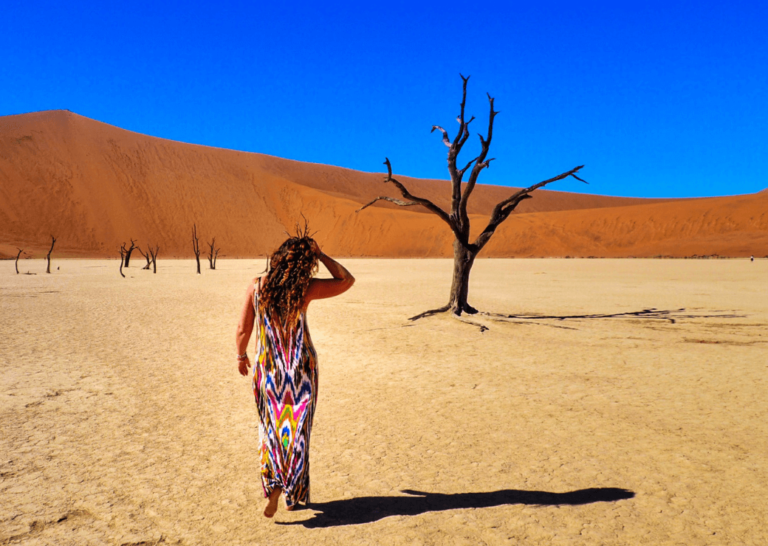
I can’t believe it’s already been 20 years. But even that statement has a whiff of unintended “superiority” from miles beyond, over continents and oceans, far away from the unimaginable. I guess some of the answers lie with folks who ware willing to go, listen, learn, and write about their experiences in Africa. Thanks for your story, Helen.
Thank you Henry. It’s really easy to think, ‘this happened far away’ and not really think about it at all, so I just wanted to share what I knhad learned, perhaps in case it caught the attention of someone who might not otherwise seek out info, but maybe if they read my blog they would see it. I think it’s important that people know what happened in Rwanda.
Really, really well researched article. It is horrible what happened in Rwanda, but I only remembered vague pictures from tv news when I was still a kid and didn’t understand what was going on in the first place. It was good to read the whole story again on your blog, thanks a lot and safe travels!
Thanks so much Tiffany! Yeah, I was the same. Seeing it on the news at 14, it seemed so unreal and far awy, but going there really knocked the wind out of me. It was horrific but I think it’s so important that people are interested in what happened and why so that it could never happen again.
Safe travels to you too! Hi to Brendan!!!
Extremely well written, as always.
My trip has been postponed until 2017 for various reasons, mainly personal ones that I shouldn’t get into right now, but I just wanted to let you know that I’m still reading and enjoying, and thanks for consulting a bit about Africa. 🙂
Hey Rebecca,
Shame about your trip being postponed, but that will just make it all the better when you do go!!!!
Thank you so much for reading and commenting. I REALLY appreciate every comment! It makes my day! No worries about Africa, just give me a shout any time. Happy to help!
This is an amazing piece, Helen. Being there must have really made everything hit home. I was 5 when it happened, but I remember talking about it in history class a few years later. We also learned a lot about Romeo Dallaire, as he’s Canadian, so conceptually I understand what happened. But I can’t truly imagine what it was really like. You brought a little bit of that with this post. Great work!
Thanks Alyssa! Being there was very eye opening to say the least. What I remember from the news didn’t show the half of it!
Thank you so much for reading and commenting! As always, very appreciated!! When will I see you????
Wow. Thanks for sharing this Helen. It really is amazing how much we can all turn a deaf ear to what’s going on elsewhere in the world, and then we read something like this or see a film like Hotel Rwanda and wonder why so many people are so complacent. And then most of us forget about it all once again. It’s important to share these stories so people don’t forget. One of my most shocking experiences in Tanzania was a visit to the UN building, where trials of the people involved in the genocide in Rwanda were going on. We were allowed to sit behind one-way glass and listen to translators (just like in the Nicole Kidman film ‘The Interpreter’) and listened to a French lawyer try to get his client off multiple horrific charges, including genocide, by whinging that he hadn’t been able to represent his client properly previously due to a personal illness and issues with the fact that his first language was French!! I was gobsmacked. I guess he knew he didn’t have any other way to defend the man…
Thank you so much for the comment!
I think it’s easy to become really complacent when it’s far away from you. I don’t know whether that’s just because of the nature of out of ‘real’ sight, out of mind, or because we’ve become immune to what we see on TV both in news and films. Or with something like this, where as it was happening, no-one was covering properly on the news. By the time the truth came out to the general public in the rest of the world, it was already too late. But Rwanda wasn’t a country with much political interest for a lot of bigger nations… so they didn’t act as quickly as they should have. Actually going there really hit home.
I wanted to write about it, not because I’m particularly political, or think I know everything (I don’t) and maybe it doesn’t belong on a travel blog, but it was a place I visited whilst travelling, that previously I knew little about. So I wanted to share what I’d learned, to perhaps reach people who might not have read about it otherwise. It’s a beautiful country to visit, but with a violent past, with events and people that I think everyone should learn from and about.
That trial you visited sounds horrendous. Hopefully the jury/judge made the right decision… do you know the outcome?
Helen, I think it is also because of the sheer scale. We can care a lot about things that are far away, and even about large scale things affecting a lot of people, but we need to focus in on individual victims, and see their suffering so that we can put ourselves in their place. This tendency is called the identifiable victim effect. So perhaps it was the way the news presented it. I was only a baby at the time, so I don’t remember. Of course, now it is separated by both distance and time. People feel that it is over, and it didn’t affect them, and maybe some people think who cares about Africa anyways, it isn’t important. I don’t know, I’m just musing a bit. But it’s a shame, because there’s a lot to be learned here. (Now that I’ve read the NY times article, that photography project is beautiful.)
Hi Rebecca,
Yes you’re right! I think once you hear the individual stories, it really sinks in. People do think that it’s over, something that happened years ago, but it’s not. It’s still happening over the borders in Africa, and elsewhere in the world. But unless the world becomes more ‘one’ this will always happen, as it has happened over and over and over again. Only through better education and equality can we ensure things like this stop happening. I don’t know what the solution is, I don’t think anyone knows. 🙁
I agree, the photography project is beautiful. And I have so much admiration for the people who are showing that forgiveness and humanity. When Gandhi said “An eye for an eye…” this was the opposite of what he was talking about there. He would be so proud of the love and compassion the people involved are showing to their fellow human beings. I was stunned. And a massive achievement for the people who have brought them together. Wow. A lot to learn from this.
I like the site. I also love the photos. But, the information on Rwanda is not accurate. Sorry.
True, terrible things did happen, but things are not as they seem. This is well documented at this time too. Here are some references for those that may be curious about what actually went down:
http://www.whale.to/c/dallaire.html (this was part of an international court case and this information is was prepared by a Canadian Lawyer who worked for 11 years on that case).
http://www.corbettreport.com/interview-891-christopher-black-destroys-the-myth-of-the-rwandan-genocide/
Rwanda, Histoire Secrete (2005, Edition du Panama) written by a former RPF officer named Abdul
and It Didn’t Happen that Way in Kigali by John Philpot.
These are credible sources who have dedicated mush of their lives to this particular issue often at great risk to themselves. Out of respect for the victims and for those that have worked and continue to work so that everyone can understand what happened I felt compelled to write. There is much to this story that is terrifying, sad and incomprehensible, but we shouldn’t add to the confusion.
Hi Jeff,
Thanks for your comment. I’ll look through all of the info you have recommended. My aim is not to be controversial or add to any confusion, nor do I think I will, as this version of events is well documented and I was recounting the information I was given during my trip to the Genocide Museum in Kigali.
However, I’m really interested to hear which things you think are inaccurate specifically? I’ve no doubt there’s lots of false information in general circulation as the truth and the media don’t always go hand in hand, with anything, so I generally keep a very open mind, and I hope that at some point, the full truth comes out. I’m just listening to the podcast now. I’m trying to find the book It Didn’t Happen that Way in Kigali by John Philpot, but I can’t seem to find it as I would be very interested to read.
Thanks for being open to considering different points of view. I appreciate that you have more first hand knowledge of some portions of this event than I do. I am going on second hand sources. But, I know those sources. Philpot and Black are both Canadian lawyers who dedicated a considerable portion of their lives to this issue and undertook considerable risks to do so.
Christopher Black spent 11 years working on and living this case. He risked his life and his health in doing so. I am more prepared to take his version of the events than those of a reporter who lives in Toronto and works for the Globe and Mail or a reporter who lives in St. John’s Wood in London and works for the Economist or the the Guardian or someone blogging on Wiki for that matter.
Romeo Dallaire is now a senator and well respected in Canada. In light of this information, I question that.
I haven’t been able to find Philbot’s book either but I will look for it and post where it can be purchased. Rwanda, Histoire Secrete (2005) is available on Amazon (sort of).
Let me know what you find. I am not saying I have absolute proof, just that the official narrative looks dodgy. We owe it to those that did loose their lives to correctly record what happened. Their lives should not be a political tool!
Thanks for sharing. People must be aware of these facts. Nowadays many of us have daily coffee made in Rwanda and have no idea of what happened there many years ago and what this coffee means.